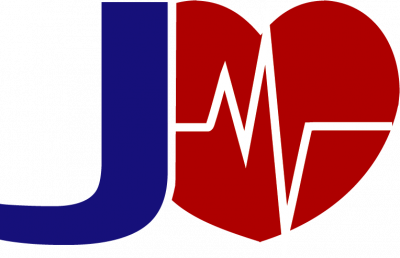Triglycerides
Last updated: 6 Aug 2024 | 3540 Views |


![]()
Triglycerides
Triglycerides are a type of fat (lipid) found in the blood most commonly in the body. Cholesterol is another. Store them in fat cells for later use. Triglycerides are the primary source of energy if eaten in normal amounts is essential to good health. But eating more fat than your body burns can lead to high triglycerides (hyperlipidemia). High triglycerides can result in hardening of the arteries. atherosclerosis, which increases the risk of stroke, heart attack and heart disease, is part of a metabolic syndrome that includes too much fat around the waist, high blood pressure, and high blood pressure. high blood sugar abnormal cholesterol levels Sometimes high triglyceride levels mean poorly controlled. Type 2 diabetes, low thyroid hormone levels (hypothyroidism), liver, kidney, or rare hereditary disease.
cause
Various causes include obesity, eating too much unhealthy food. genetic disorder Certain illnesses, such as poorly controlled diabetes, kidney disease, and hypothyroidism (hypothyroidism). Some drugs, such as steroids, birth control pills, and heavy alcohol use. Most people have no symptoms. Very high doses can cause fatty deposits under the skin and an inflammation of the pancreas known as pancreatitis.
symptom
blood level Normal levels are below normal 150 milligrams per deciliter (mg/dL). High levels are 200 - 499, the highest levels are greater than 500.
treatment
TrThe best way to lower triglycerides is to lose weight, eat fewer calories and exercise regularly (30 minutes/day). Diet changes that may help include avoiding fat and sugar and refined foods. Avoid alcohol and limit fats found in high-saturated meats, egg yolks, and whole dairy products. Trans fats found in fried foods and crisps Eat healthy monounsaturated fats like olive oil, peanut oil, and canola. Eat fish high in omega-3 fatty acids (mackerel, salmon) instead of red meat if dietary changes and exercise aren't working. Medications such as nicotinic acid (niacin), fibres (eg fenofibrate, gemfibrozil), and omega-3 fatty acids (over-the-counter fish oil supplements) can help lower triglycerides. Niacin side effects (itching, flushing, liver problems), limit its use, lower cholesterol. Medicines called statins (such as simvastatin, atorvastatin, rosuvastatin) can also lower triglycerides. Diabetes control is also important because it is high in sugar. Levels will also increase triglycerides.
Things to do
![]() should exercise regularly
should exercise regularly![]() Eat more fruits and vegetables and high-fiber foods like oat bran, cooked with unsaturated fat—olive, nut oil.
Eat more fruits and vegetables and high-fiber foods like oat bran, cooked with unsaturated fat—olive, nut oil.![]() Almond and canola oil
Almond and canola oil![]() You should eat fish, don't smoke.
You should eat fish, don't smoke.
![]() You should lose weight by changing your diet and doing aerobic exercise.
You should lose weight by changing your diet and doing aerobic exercise.
![]() Exercise, such as walking, running, biking, or swimming.
Exercise, such as walking, running, biking, or swimming.
![]() You should exercise at least 30 minutes a day.
You should exercise at least 30 minutes a day.
don't do![]() Do not forget to treat and look for other symptoms. such as diabetes and less thyroid function
Do not forget to treat and look for other symptoms. such as diabetes and less thyroid function
![]() Don't drink more than two alcoholic beverages a day.
Don't drink more than two alcoholic beverages a day.
![]() Do not change your diet or medication without doctor approval
Do not change your diet or medication without doctor approval

Related content
Syncope
21 Sep 2022
Dysfunctional Uterine Bleeding
24 Apr 2023
Cavernous Sinus Thrombosis
19 Jul 2023
Hypoglycemia
18 May 2023












